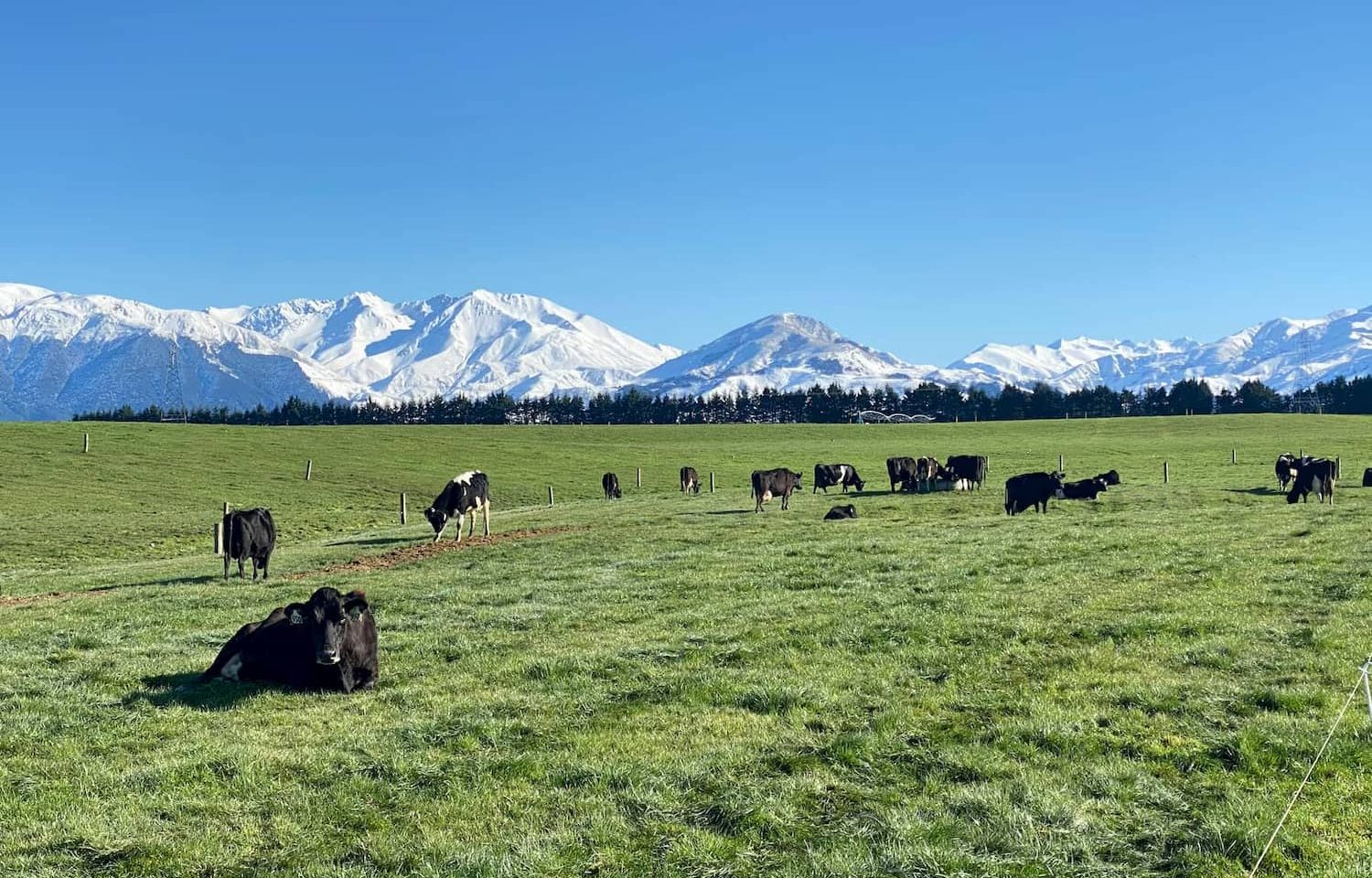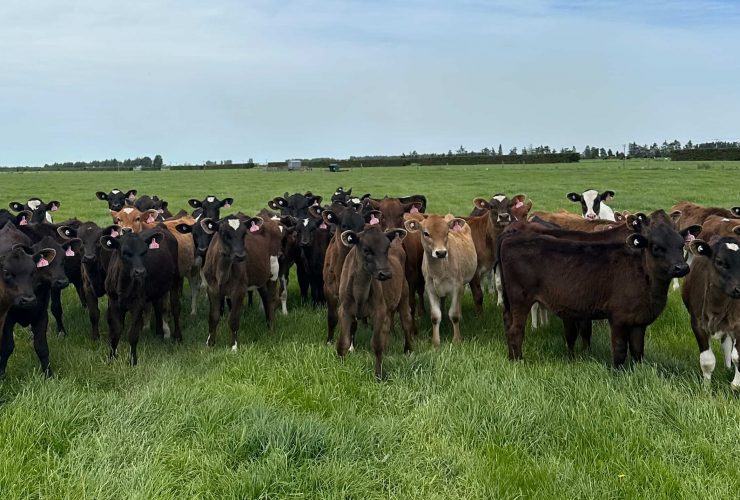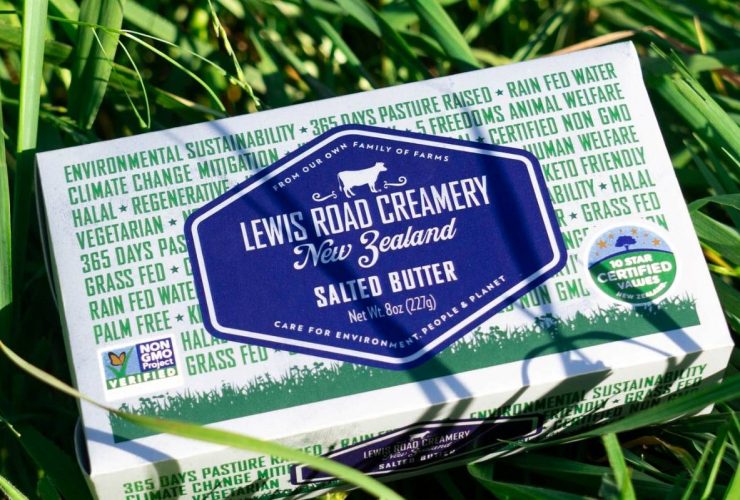It makes business sense to be GMO-free
This piece first appeared on stuff.co.nz
Are we on the brink of doing the wrong thing for all the right reasons?
I fear that there is an alliance developing, almost by stealth, that will foist genetically modified organisms (GMO) on New Zealand.
The impetus appears to be the need to develop solutions for predator control, or for climate change – through the creation of sterile genes to wipe out, say, possums, or of crops that can resist drought conditions or reduce methane emissions.
Silver bullets to provide easy solutions, so we can go on our merry way without changing our behaviours too much.
This dangerous short-term thinking needs to be challenged.
Physics has taught us that for every action there is an equal and opposite reaction, delicate ecosystem balances should not be toyed with lightly.
Look at the damage done by introduced predators.
We know how difficult it is for us to try to achieve the lofty goal of New Zealand Predator Free by 2050.
Getting rid of possums in New Zealand is a laudable goal, but if it is done by genetic manipulation, then should the genes cross to Australia and wipe out what is an endangered species there, we would deal a blow, not a benefit, to planetary biodiversity.
As The Economist magazine noted recently, loss of biodiversity poses as great a risk to humanity as climate change. Now try to imagine engineered species – even if they are “just” plants – going wild, that are immune to pesticides outcompeting native species. It’s a near doomsday scenario.
We know that much of what we consider food and enjoy seeing in our gardens comes from a form of genetic “engineering”. Gregor Mendel did his famous pea experiments back in 1856. That set the scene for modern cross-breeding – choosing desirable traits.
Many people may be surprised to know that carrots were originally purple and yellow. There is evidence that genetic modification was adopted around 1500 BC by Mesoamericans to cultivate maize.
In New Zealand, the dairy industry, for example, has made huge progress and continues to make progress through gene selection and cross-breeding.
I see no issues with such practices provided they are kept to traditional natural norms – that is, the species barriers are not crossed, so for example, we do not have sheep or squid genes crossed with cow genes.
Those who advocate for GMOs focus only on the perceived positive outcomes – potential animal health, growth rate and environmental benefits. However, human beings are notoriously bad at predicting unintended consequences, particularly when powerful technologies are developed and owned by those focused primarily on their profit-making potential.
What are some potential negative consequences of GMOs?
The gene genie cannot be put back into the bottle. Once a modified organism is introduced to an environment, it cannot be called back.
An uncontrolled spread could cause immense damage to ecosystems and livelihoods.
Globally, for example, GMO engineered herbicide-tolerant crops have accounted for a massive increase in herbicide usage with obvious negative implications in terms of environmental impact.
Altered genes could mutate in ways we can’t begin to predict. Rapid growth rates and altered animal composition may suit human consumption but not the animal itself as a sentient being.
Loss of biodiversity – GMO crops tend to be grown on a monoculture basis to suit the corporate interests of the companies developing the techniques, and they are engineered to outcompete other species. Local fauna may not be able to feed off the GMO crop. It is worth noting that a shovelful of healthy soil should have more living organisms than there are people on earth – it is highly unlikely that whichever corporate is developing the GMO crop will undertake research so detailed that it studies the impact on all insect and soil biology populations.
How will the GMO crop affect the animals that eat it or affect the humans that eat the animals, or the crops? The effects cannot be known for generations beyond ours.
We have unique flora and fauna in this country, found nowhere else on the planet. Surely, we have a guardianship responsibility to preserve this for future generations. Introducing GMO, even with virtuous intentions, puts it all at risk and is an abdication of our responsibility.
We need to farm our way out of climate change and volatility using the farming methodologies and tools that we already have. We must learn to work with nature rather than changing and re-engineering it. In other words, doing the right things for the right reasons.
As human beings, we must recognise and be grateful for the wonders of genetic scientific advancements that have given us many medicines, including the current batch of vaccines for Covid-19, and yes, I will be lining up to be vaccinated.
Research of this nature needs to be maintained and indeed doubled down upon. The issues that I am concerned with, succinctly, are GMOs that can interfere with our food systems and indigenous flora and fauna.
Also often overlooked, there is a very critical commercial prerogative for not going the GMO way. As islands tucked in our splendid and isolated corner of the world, we are ideally placed to offer non-GMO, wholesome provenance to the world. As a primary industry food producer and exporter who interacts directly with premium importers in overseas markets, I can attest to the fact that our customers value and pay us for New Zealand’s non-GMO status.
For those you may think that I am fearmongering, here are some recent real-world examples: in Oregon, USA, a GMO grass has “escaped” from Idaho causing havoc and putting a billion-dollar seed industry at stake and the company that created it appears to have given up after a decade of trying to eradicate it – the grass is of course difficult to kill as it is resistant to even Roundup.
Asian buyers stopped buying wheat from US Northwest after traces of GMO were detected and giant US retailers Costco, Walmart and Krogers have pledged to not carry a GMO salmon entering the market.
Ireland has categorically stated that it will never turn to GMO.
If New Zealand allows in GMO, then we are doing nothing less than handing over our premium food export markets to Ireland – they have already got a head start on us with their Origin Green programme. Our fate then would be to become just another commodity player, trying to pump impossible volume from our small and precious islands in a race to the bottom of the value chain.
Let’s keep Aotearoa New Zealand’s food systems wholesome and GMO-free.





